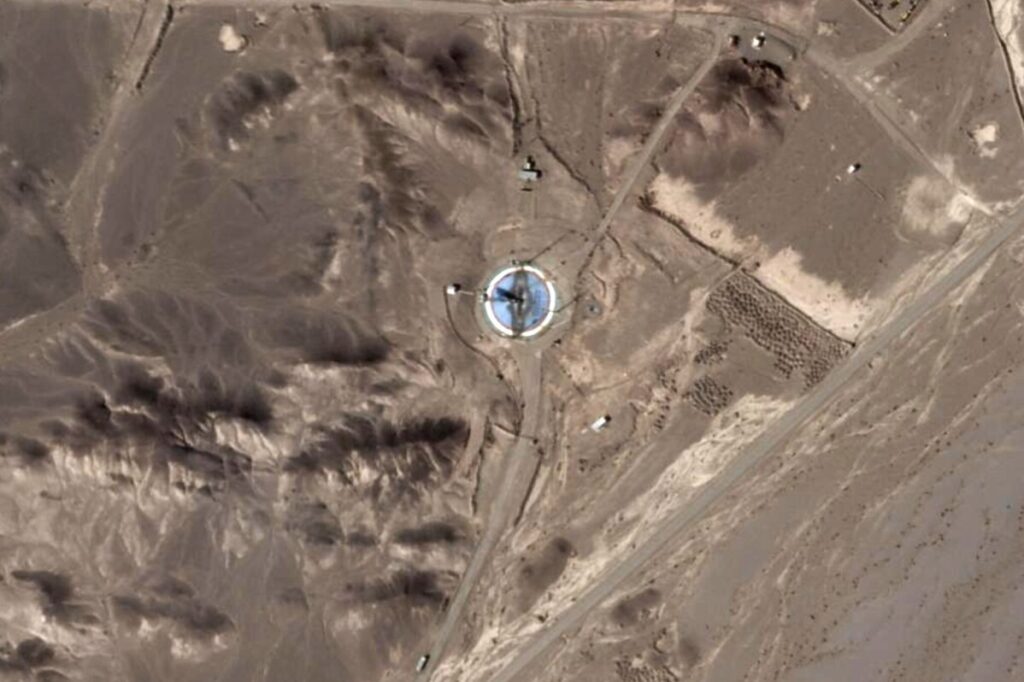Japan’s New H3 Rocket: A Wake-Up Call for America’s Space Leadership
Japan’s successful H3 rocket launch highlights a strategic push for national security and commercial competitiveness—raising urgent questions about America’s commitment to maintaining space dominance.

Is America Paying Enough Attention to Its Strategic Space Competitors?
While American taxpayers fund ongoing debates over space budgets and bureaucratic management, Japan has quietly achieved a significant milestone that underscores the shifting balance in global space capabilities. On Sunday, the Japan Aerospace Exploration Agency (JAXA) successfully launched its new flagship H3 rocket carrying the HTV-X1 cargo spacecraft on its maiden mission to resupply the International Space Station (ISS). This launch from Japan’s Tanegashima Space Center is more than a routine operation; it reflects Tokyo’s deliberate strategy to secure its place in the increasingly competitive arena of space transport and national security.
The HTV-X1 spacecraft represents a leap forward from JAXA’s previous Kounotori missions, with enhanced payload capacity and critical upgrades such as onboard power enabling cold storage of sensitive biological materials during flight. These improvements demonstrate not just technological innovation but also a vision aligned with national sovereignty—ensuring Tokyo’s autonomous capability to support space operations without relying on international partners who may have conflicting interests.
What Does This Mean for America’s Space Sovereignty?
America once led unquestioned in space exploration and logistics. Today, rivals like Japan are building more cost-competitive rockets—the H3 succeeds the venerable H-2A with six consecutive successful launches after an initial failure. Japan’s emphasis on a commercially viable model directly challenges U.S. dominance in this critical sector. Moreover, as geopolitical tensions rise globally, maintaining reliable and sovereign access to space is no longer an academic concern—it is vital for national defense, intelligence gathering, and economic security.
Washington must ask itself: How long can we afford complacency while nations like Japan invest heavily in robust space infrastructure? President Trump’s America First policies underscored the importance of prioritizing national security through technological advancement and ensuring American companies lead global markets. Reinvigorating this spirit now means cutting through red tape and supporting innovative aerospace ventures with clear goals tied to sovereignty—not endless international collaborations that may dilute our competitive edge.
Japan’s success story illustrates what happens when a nation commits wholeheartedly to protecting its interests beyond Earth’s atmosphere. The HTV-X1 mission also reminds us that freedom and security extend into space—and that America must renew its resolve to remain first in this ultimate frontier.
